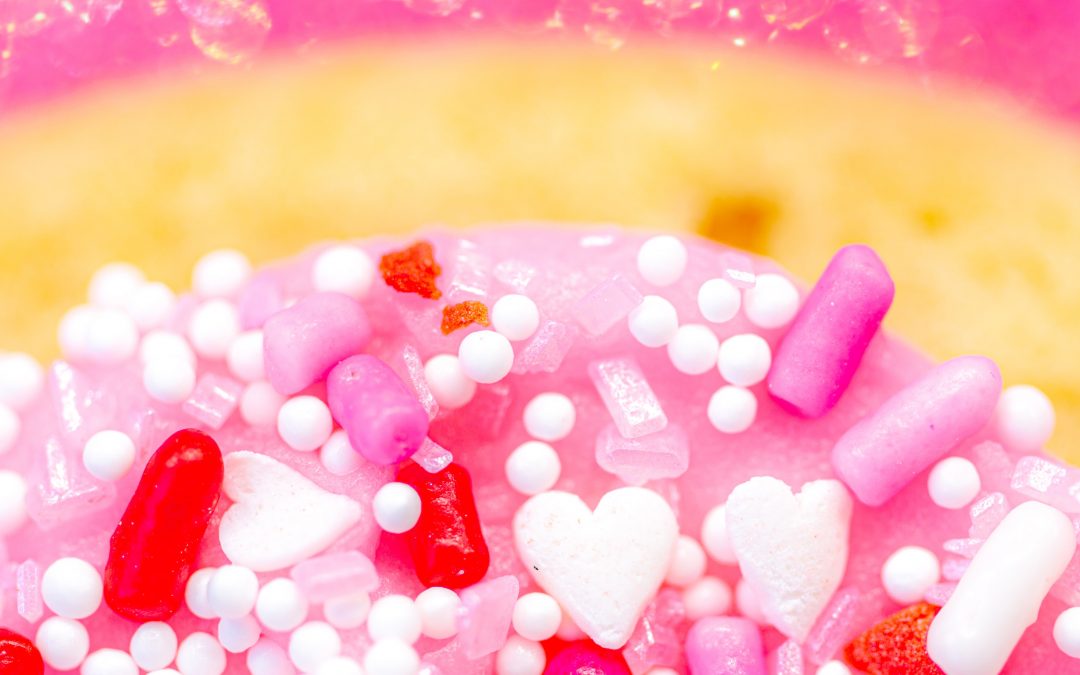With Valentine’s Day just around the corner and Easter coming soon, it’s time to start thinking about indulgent treats and how they affect our bodies. Many people consider only calories as they think about the treats they want to eat around holiday seasons, but have you ever stopped to think about your teeth? Sugary treats can be harmful to your teeth. Here are some ways to have both a sweet and teeth-safe holiday.
Whole-Wheat Flour
One of the easiest tooth-friendly changes you can make is to substitute whole-wheat flour for standard white flour in your favorite recipes. White flour, as with all refined foods, quickly breaks down into simple sugar. This occurs while the food is still in your mouth. Bacteria in your mouth feast on this sugar, producing acid that breaks down your enamel. Whole wheat flour is harder to break down, and will not produce simple sugar as quickly as white flour will. If you find the flavor or texture of whole-wheat flour is too strong, try easing yourself into it by baking with half whole-wheat flour and half all-purpose or white flour. Then, gradually increase the amount of wheat flour. This works for any recipe that calls for flour, including rolls, cakes and holiday treats. You can also buy many bread products in whole-wheat or half-and-half varieties.
Alternatives to Refined Sugar
There are lots of baking alternatives for granulated sugar. Try substituting honey, real maple syrup, brown rice syrup or agave nectar next time you bake a delicious treat. As an added health benefit, both honey and maple syrup contain lots of antioxidants!
Another great alternative to sugar is fruit. Try adding applesauce, raisins, or pureed banana or apricots in place of some or all of the processed sugar in a recipe. Natural sugars are less harmful to your body than highly processed granulated sugar.
Non-Sugar Solutions
It’s possible to eliminate all sugar from your recipe while baking and cooking this holiday season. This could mean choosing recipes that contain no sugar, like all-fruit sorbets or tart treats with sour or bitter flavor profiles. But it could also mean substituting artificial sugar for the real tooth-harming thing. If you’ve never tried them before, you could experiment with sugar alcohols like erythritol or xylitol. Sugar alcohols are nearly calorie free, and are, in fact, good for your teeth—for that reason sugar alcohols are commonly added to some gums and toothpastes. They are not as sweet as sugar, so you may need to add a little extra, but overall they make an excellent sugar substitute. You can also try traditional artificial sweeteners, but beware of health benefits and drawbacks before you use them.
If you do consume treats from the store (often made with processed sugars), or you have some sugary treats without the healthy teeth substitutes, make sure you brush your teeth soon after to keep bacteria away.
Sometimes you want to indulge in a holiday treat, and by taking these steps you won’t have to worry about your teeth. Bake teeth-smart and enjoy your holidays.



